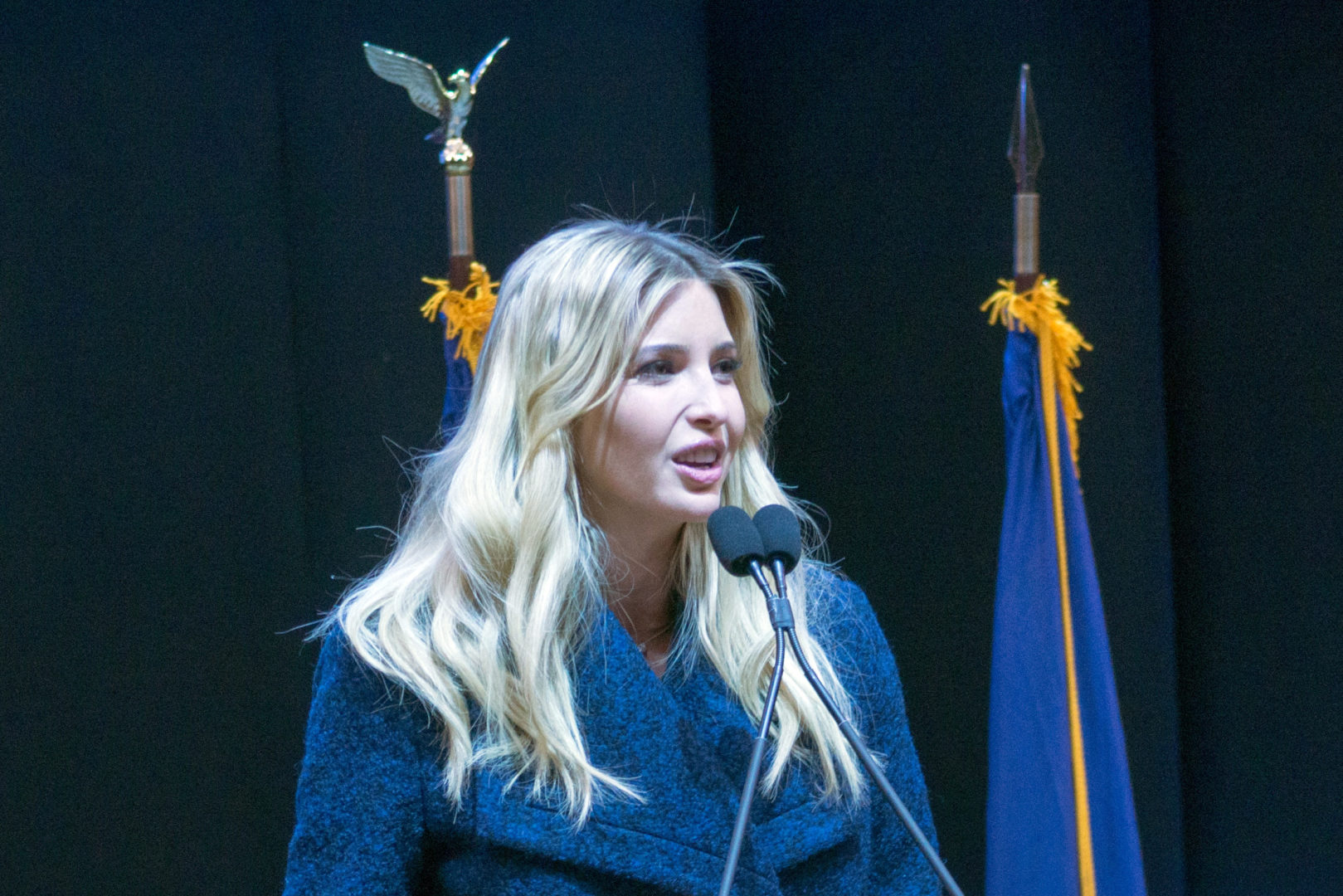Sitting at a symposium on Israel as a Jewish and a democratic state recently, I read an article in the New York Times about the theoretical possibility of a challenge by the Israeli rabbinate to the Orthodox conversion of Ivanka Trump, should her children wish to marry in Israel.
The rabbinate had not actually commented on Trump’s conversion. The Times story was using her celebrity to bring home the implications of a current case in Israel of a woman who had converted to Judaism under the mentorship of the same rabbi who had overseen Trump’s conversion and whose conversion was not recognized by the local rabbinic court of Petah Tikvah, where the woman’s fiancé is from, and thus, the woman’s marriage could not take place.
The woman turned to the Supreme Rabbinical Court, which affirmed the legitimacy of her conversion, but the Petah Tikvah beit din stuck to its original decision, so the woman filed a formal appeal to the Supreme Rabbinical Court that is now in process. In the meantime, of course, the couple waits, the beginning of their marital life delayed indefinitely.
What is striking about the case is that it is entirely within Orthodox Judaism. From the outset, the Israeli rabbinate rejected not only conversions, but also marriages and divorces performed under the aegis of other branches of Judaism. But of late, there has been a trend of restricting – often on an individual basis – the authority of these important status-shifting rites when overseen even by modern Orthodox rabbis whose views on a range of matters are seen as out of step with the Israeli rabbinate.
The conversions covered in the Times article were performed by New York Rabbi Haskell Lookstein, longtime spiritual leader of a prestigious Orthodox synagogue and former head of an Orthodox day school. He is one of many American and Canadian Orthodox rabbis whose conversions have been undone – often many years after they were originally officiated – by the Israeli rabbinate.
I am reminded of the famous poem by the 19th-century Hebrew poet Y. L. Gordon, Kotso Shel Yod – which translates as the “Thorn [or tip] of the Hebrew letter Yod.” The poem narrates the plight of a woman whose get, or divorce certificate, became the context of a struggle between rabbis, because one letter in it was missing its tip. Although some rabbis accepted her get as valid and told her she was free to marry again, the head rabbi of her town saw it differently and asserted his authority to prevent her marriage. Because her first husband was lost at sea, he could not issue a second get, and she could never marry.
Gordon’s poem presciently highlights a problem that has become more serious than he could have imagined with the coalescence of religious and state authority in Israel: the collateral damage inflicted on ordinary Jews (largely women) as Jewish movements and individual rabbis engage in assertions of power over one another.
These rabbinic power games sour people on Judaism. They distance Diaspora communities from Israel, harden the animosity of secular Jews to religious practice, and widen the gap between Orthodox Judaism of the right and all other forms of Judaism. Most egregiously, these power games play mercilessly with the lives of Jewish people, who are collateral damage.
These rabbis and rabbinic institutions assert that above all other considerations, they defend the spiritual well-being of the Jewish People. But they are engaged in power struggles with other rabbis and rabbinic organizations about who speaks authoritatively for the soul of the Jewish People – or, you might say, who speaks for God. And in these power struggles revolving around the Jewish soul, they issue diktats that shred Jewish lives.
